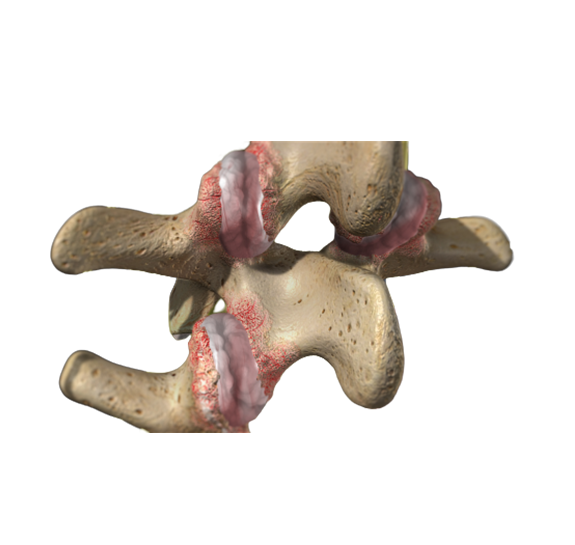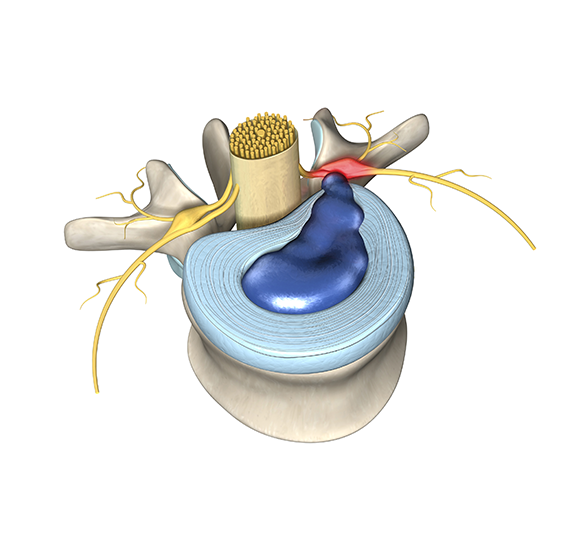
WARNING: 3 things young people under 60 must know BEFORE having Total Knee Replacement
WARNING: 3 things young people under 60 must know BEFORE having Total Knee Replacement https://bestpracticehealth.tv/wp-content/uploads/2023/01/Young-TKR-Blog-Banner-1024x542.gif 1024 542 Best Practice Health TV Best Practice Health TV https://bestpracticehealth.tv/wp-content/uploads/2023/01/Young-TKR-Blog-Banner-1024x542.gifThere are not that many complications from knee replacement surgery. I graphed the most common ones here. The size of each block is in proportion to how often the complications occur. While rare, deep tissue infection, shown in blue in the upper left corner, is one of the most common.

Sadly, infection is also one of the worst complications of total knee replacement surgery. It requires weeks of antibiotics, your new knee may need to be removed, and you must start over. Even worse, people often report chronic pain after such a complication. That is why I was so concerned about a new study published in the prestigious Journal of Arthroplasty that showed young people have a higher risk of infection than older folks after TKR (total knee replacement). Which is weird.
Young people are healthier, and healthy people typically have fewer infections! At the end of the day nothing about young TKR is fair. In any event, the study’s findings are significant, and emphasize how careful young TKR needs to be when arranging surgery. You only get one chance to get it done right the first time. In any event, here are 3 steps young people (under 60) who require TKR can take to reduce your risk of infection:
1. Have surgery in an ambulatory surgery center. When you have an infection, you go to the hospital. That is why it is not surprising that hospitals typically have higher infection rates than surgery centers.
Hospitals are great if you need an emergency room, advanced heart, or cancer services. As a young person having TKR you do not need any of those. The trend is for total knee replacements to be done in surgery centers not hospitals. For young total knees, having knee replacement surgery in an ambulatory surgery center is a safe and sensible alternative.

2. Pick the right surgeon. Infection rates tend to be higher when there is more tissue damage. Minimally invasive surgery reduces tissue damage, and thereby minimally invasive surgery reduces your risk of infection. Minimally invasive surgeons have better results and tend to be high volume. Sadly, only a small fraction of total knee replacement surgeons are experienced in a minimally invasive, quadriceps-sparing approach. If most of them do not do it, it is not a big deal, right?
Wrong. The following table shows the odds ratio of having a complication with a low volume joint replacement surgeon. For this conversation just ignore the hips; focus on the infection row under the total knee replacement column.

The number 2.18 means you are over twice as likely to get a painful, nasty, depressing infection if you pick a low volume surgeon. Here is the scary part: there is an 88% chance you picked the wrong surgeon already.
3. Eat (and be) healthy. Your body needs to heal the surgical wound and integrate your new knee after surgery. The healthier you are on your new knee’s birthday, the better.
- Follow a balanced diet. If you are concerned about your nutrition, have your doctor check your blood albumin level. Pump it up to at least normal before going under the knife.
- Light stretching exercise regimens or pre-surgical physical therapy reduce stress and help prepare your body for surgery.
- Make sleep a priority. You want to be well fed and rested on the day of your joint replacement surgery.
You only get one chance to have your total knee replacement done right the first time. The younger you are the longer your new knee needs to last. Choose your surgeon carefully and take care of yourself in preparation for this life-changing event.
See the video: WARNING: 3 things young people under 60 must know BEFORE having Total Knee Replacement

Dr. Dan Lieberman, MD
- Post Tags:
- Pg - Knee replacement
- Posted In:
- Total Knee Replacement








